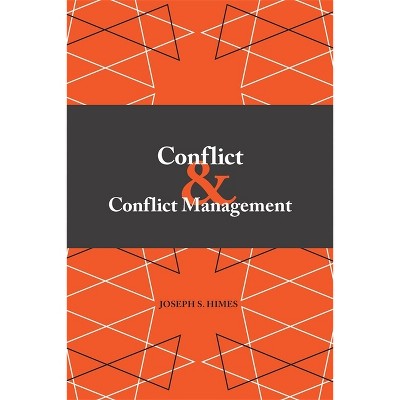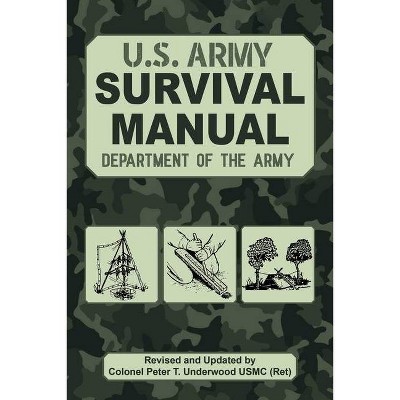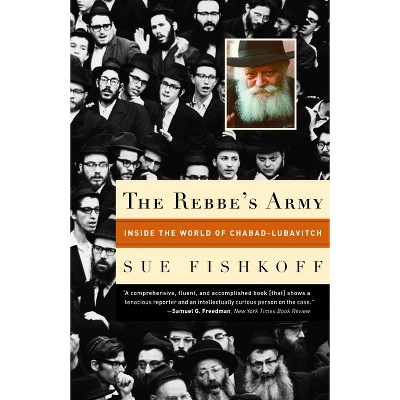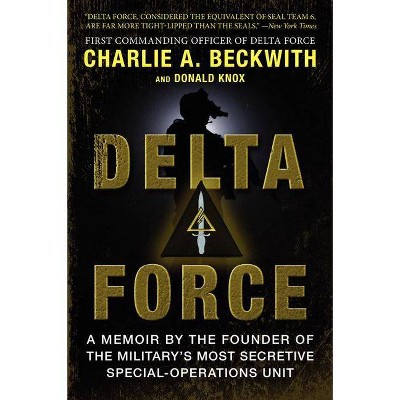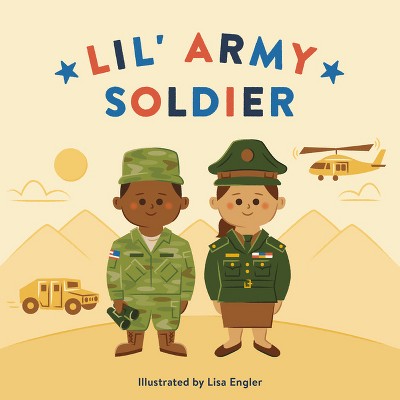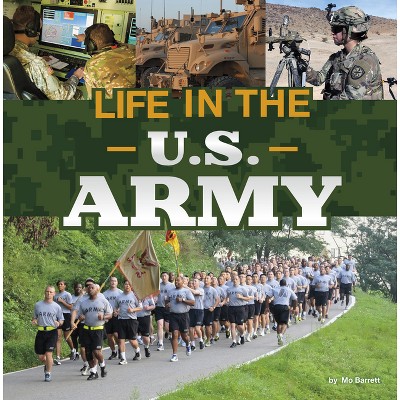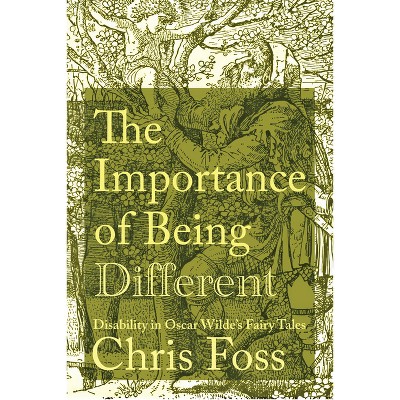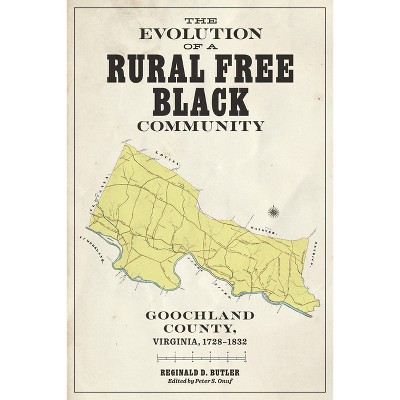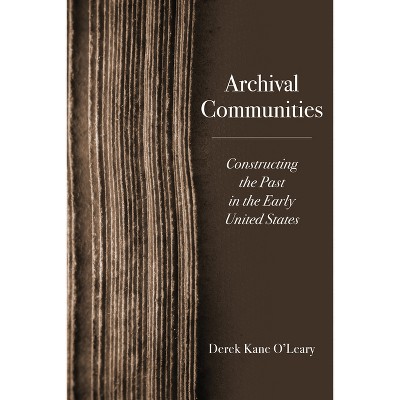Sponsored

Army Spouses - by Morten G Ender (Paperback)
In Stock
Sponsored
About this item
Highlights
- Distilled from nearly two hundred interviews, conducted from the 2003 invasion of Iraq on, Army Spouses marshals an incredible breadth of individual experiences, range of voices, insider access, and theoretical expertise to tell the story of US Army husbands and wives and their families during wartime in this century.Morten Ender offers the first contemporary study of the emotional cycle of deployment and its impact on military families in the post-9/11 world.
- About the Author: Morten G. Ender is Professor of Sociology in the Department of Behavioral Sciences and Leadership at the United States Military Academy at West Point and the author and editor of numerous books.
- 240 Pages
- History, Military
Description
About the Book
"This book is about military family separations during the Global War on Terror, told through the voices of spouses married to US Army soldiers reflecting on stages of the deployment cycle, including experiences of children and experiences with social supports, social, and mass media"--Book Synopsis
Distilled from nearly two hundred interviews, conducted from the 2003 invasion of Iraq on, Army Spouses marshals an incredible breadth of individual experiences, range of voices, insider access, and theoretical expertise to tell the story of US Army husbands and wives and their families during wartime in this century.
Morten Ender offers the first contemporary study of the emotional cycle of deployment and its impact on military families in the post-9/11 world. Military spouses, as he shows, operate both near and far from the front lines, serving on the home front to support combat service in the so-called Global War on Terror that has intimately bound together soldiers, families, the military institution, the state, and society. He paints a vivid picture of army spouses' range of responses to deployment separations that illuminates the deep sacrifices that soldiers, veterans, and their families have made over the past twenty years.
Review Quotes
This book has the potential to be a seminal work in the field of military sociology and military families. Theoretically-driven and research-based, the book is ideal for researchers, practitioners, teachers and students, but is also rooted in the experiences and narratives of military families and written in accessible language that will appeal to popular audiences. The past two decades of war have created a thirst for understanding and connecting to military families--this book meets that demand.
--David G. Smith, Johns Hopkins Carey Business SchoolWritten by one of the nation's leading scholars on military families, Army Spouses: Military Families During the Global War on Terror, provides an in-depth analysis of consequences separation has on Twenty-First Century military family members. The book focuses on deployment of active-duty Army servicemembers and their families. Employing four theoretical models in the social sciences (stress, greedy institution, triad, and militarization), Morten Ender illustrates multiple dimensions of challenges faced by Army families when servicemembers prepare for, deploy to, and return home from war. Although difficulties in family adjustmentshave historically been associated with military deployment, Ender shows how Army spouses, and their offspring address such problems in new and novel ways.
Drawing on two decades of semi-structured interviews with husbands and wives of deployed servicemembers, Ender illuminates not only problems GWOT military families face, but also revisions in Army support programs and services to assist service members and their families cope with life in and around the military. Professionally researched and beautifully written, this book is a must read for military scholars and Army policymakers.
--Brenda L. Moore, The State University of New York at BuffaloEnder dives honestly and deeply into the spouses' lived experiences to draw out valuable sociological contexts from his subjects. . . [and] effectively provides a voice to these individuals in a public forum and dismantles stereotypes that might lead one to believe these spouses are of single mind. This book could easily serve as required reading for the right college course. If adopted for a college course, students could examine the research methodology (see pp. 163-175) and critically consider the implementation factors related to the recommendations. They would glean valuable insights into the spouses' experiences serving from home and about how to employ rigorous, qualitative research strategies to drive social change. In the end, it is a story of strength and resilience in the face of adversity. Ender's insightful, evidence-based findings and related recommendations about strategies worth considering for improving deployment circumstances offer a better way for those that follow.--Armed Forces & Society
If you are interested in how Army spouses fare during deployments, this study will help you understand how the military affects them, which ones thrive or wither, and what can be done to support them. Some of the recommendations are common sense, and others are more intriguing - like spouses being more emancipated from military life, rather than being enmeshed in it. If an Army spouse (or for that matter, a spouse of any other service person in any branch of service), is looking for an enlightening read, they should pick up this book.--Military Writers Society of America
Overall, this deeply researched work is not only a valuable contribution to the field of military sociology, but it also is a fascinating read for military policymakers, leaders and families interested in grounding personal experiences in academic theory and a broader context. . . . [The] lessons contained in Army Spouses will prove valuable for future generations. . . .in the military and beyond.--Association of the United States Army
About the Author
Morten G. Ender is Professor of Sociology in the Department of Behavioral Sciences and Leadership at the United States Military Academy at West Point and the author and editor of numerous books.



